Michigan Attorney General Dana Nessel has thrown her support behind a growing multi-state coalition challenging the Trump administration’s deployment of National Guard troops in U.S. cities. The move, she argues, violates both constitutional limits and the proper role of state and federal authority.
Coalition Against Federal Overreach
Nessel filed a legal brief this week in support of Washington, D.C. Attorney General Brian Schwalb’s lawsuit. The suit seeks to block the continued deployment of Guard troops in the District, a policy critics say represents an unlawful expansion of federal power into local policing.
She joins 22 state attorneys general from across the country who have signed onto the challenge. The coalition includes top legal officers from Arizona, California, Colorado, Connecticut, Delaware, Hawaii, Illinois, Maine, Maryland, Massachusetts, Minnesota, Nevada, New Jersey, New Mexico, New York, North Carolina, Oregon, Rhode Island, Vermont, Washington, and Wisconsin.
“This is not just about Washington, D.C.,” Nessel said in a statement. “It’s about preserving constitutional checks and balances. Using the National Guard as a political tool to patrol cities is both unlawful and dangerous.”
Trump’s Expanding Troop Deployments
President Trump has repeatedly leaned on National Guard deployments as part of his approach to protests, immigration enforcement, and crime crackdowns.
-
Los Angeles: In June, Trump first sent Guard troops to assist with protests against ICE operations.
-
Washington, D.C.: Soon after, troops were dispatched to support local police in crime-related initiatives.
-
Memphis: On Tuesday, the president signed an order sending Guard units into the city to participate in a “crime-fighting” mission.
-
Chicago: Trump has also publicly threatened to deploy troops there, citing rising crime rates.
The administration has framed these moves as necessary to restore law and order. But critics say the actions undermine state sovereignty, misuse the military, and substitute politics for sound public safety policy.
Constitutional Questions
At the heart of the lawsuit is the question of whether the president can unilaterally deploy state-based Guard units into cities without proper authorization. The Posse Comitatus Act, which restricts military involvement in domestic law enforcement, and the balance of state versus federal authority are key issues in the case.
Attorneys general involved argue that deploying troops for routine crime control is not only unconstitutional but sets a dangerous precedent for federal intrusion into state and local affairs.
“This is not how the National Guard was meant to be used,” Nessel explained. “Its purpose is to assist in true emergencies, not to serve as a standing police force for political gain.”
Broader Pushback from States
The lawsuit represents one of the most organized legal responses yet to the administration’s policing agenda. The fact that attorneys general from more than 20 states—spanning every region of the country—have joined underscores how broadly the concerns are felt.
For many states, the issue is not only constitutional but practical. Deploying Guard troops in this way diverts resources from states’ own emergency preparedness and undermines public trust in both law enforcement and the military.
Looking Ahead
The D.C. lawsuit could set an important precedent for the limits of federal authority in local crime control. If successful, it may restrict the administration’s ability to continue sending National Guard troops into cities without state consent.
For Attorney General Dana Nessel, the stakes go beyond legal arguments. “Public safety is best served when states and cities can make decisions based on evidence, not political theater,” she said.
As the case proceeds, it will test not only the Trump administration’s controversial crime strategy but also the strength of the constitutional guardrails designed to separate civilian law enforcement from military power.

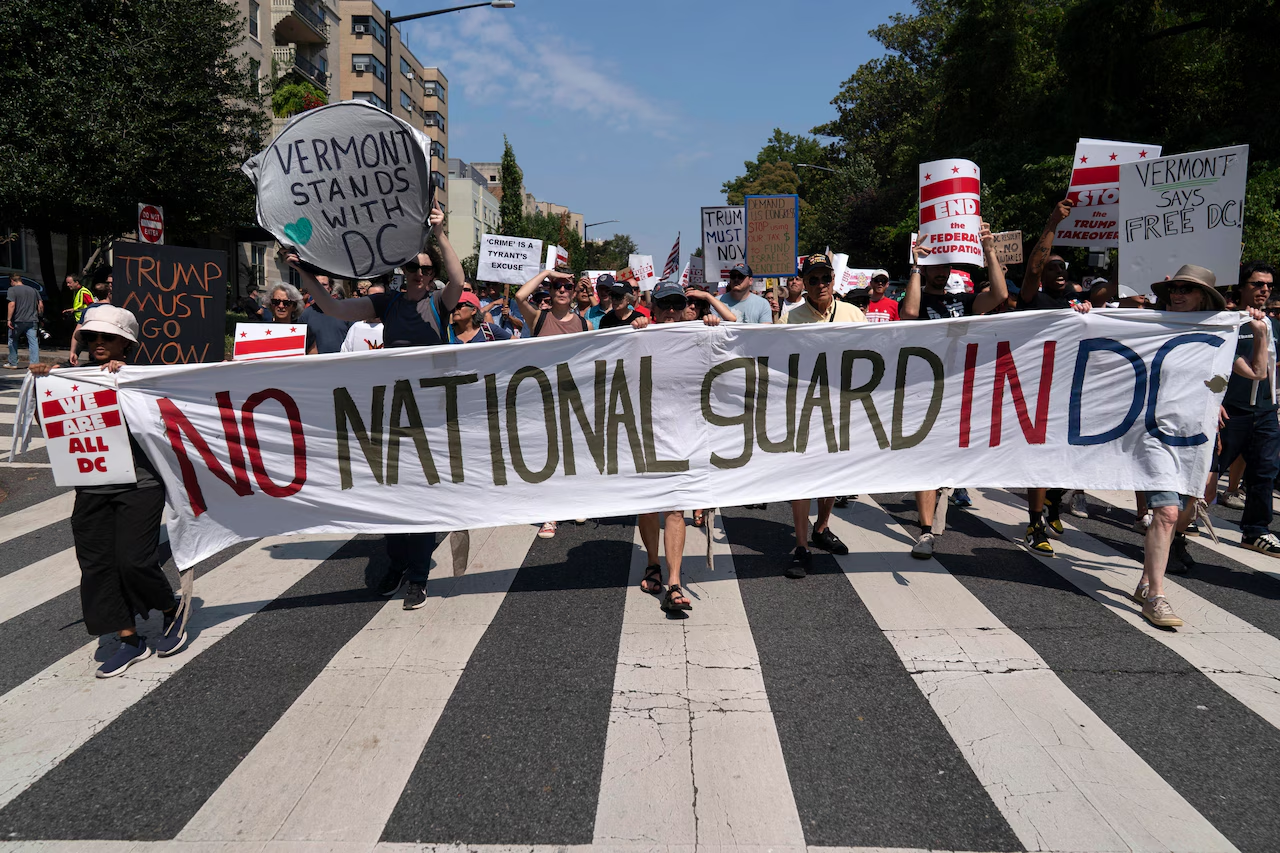

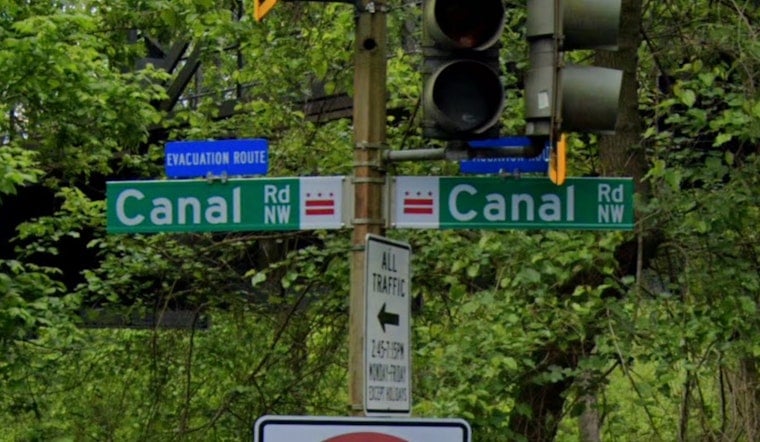


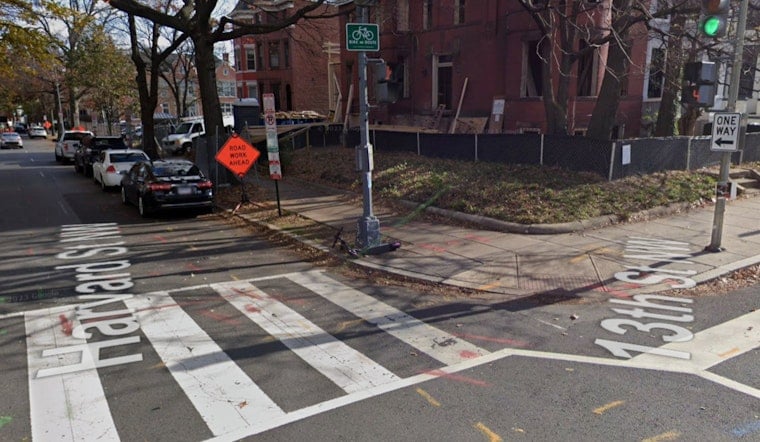

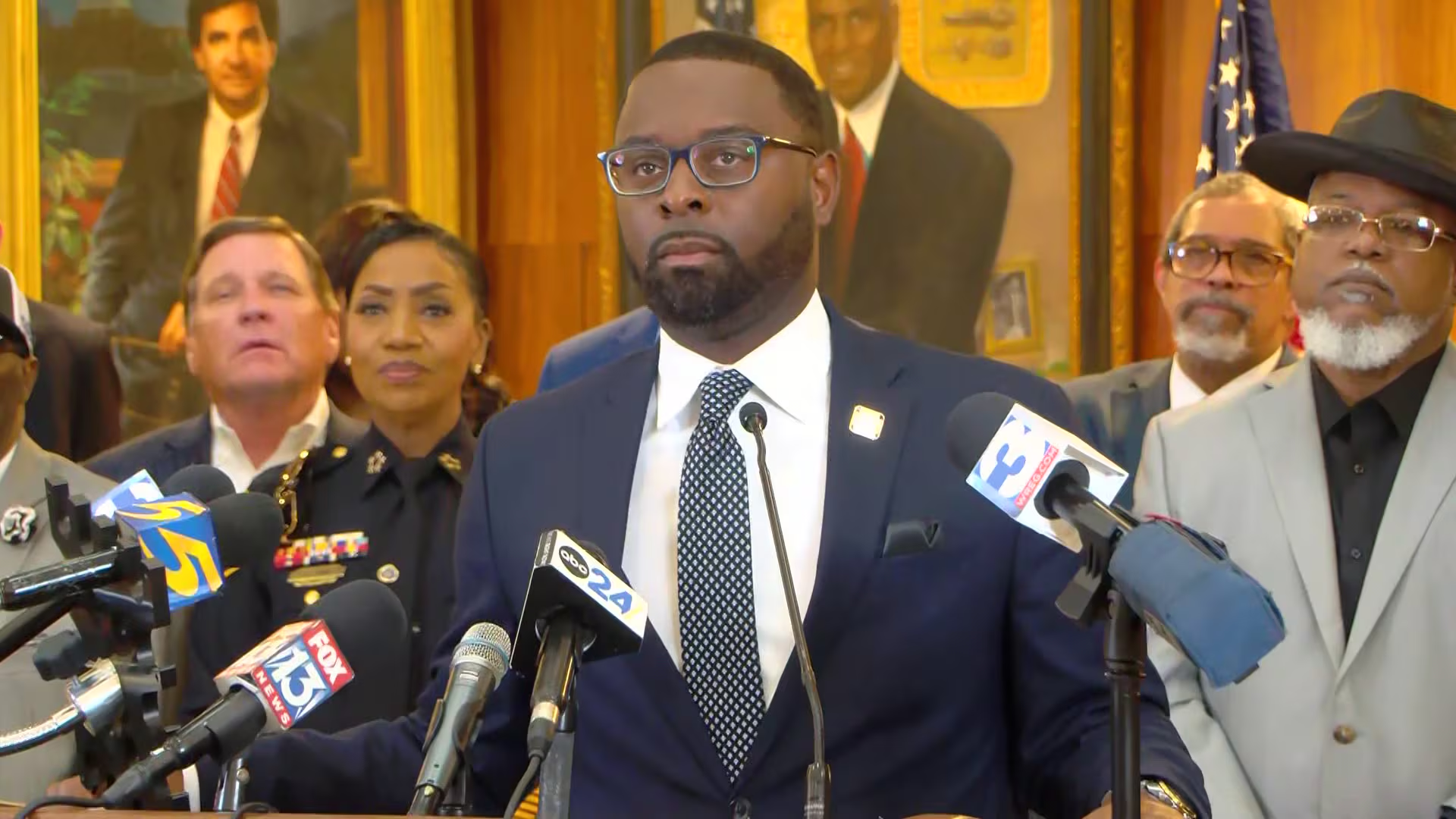
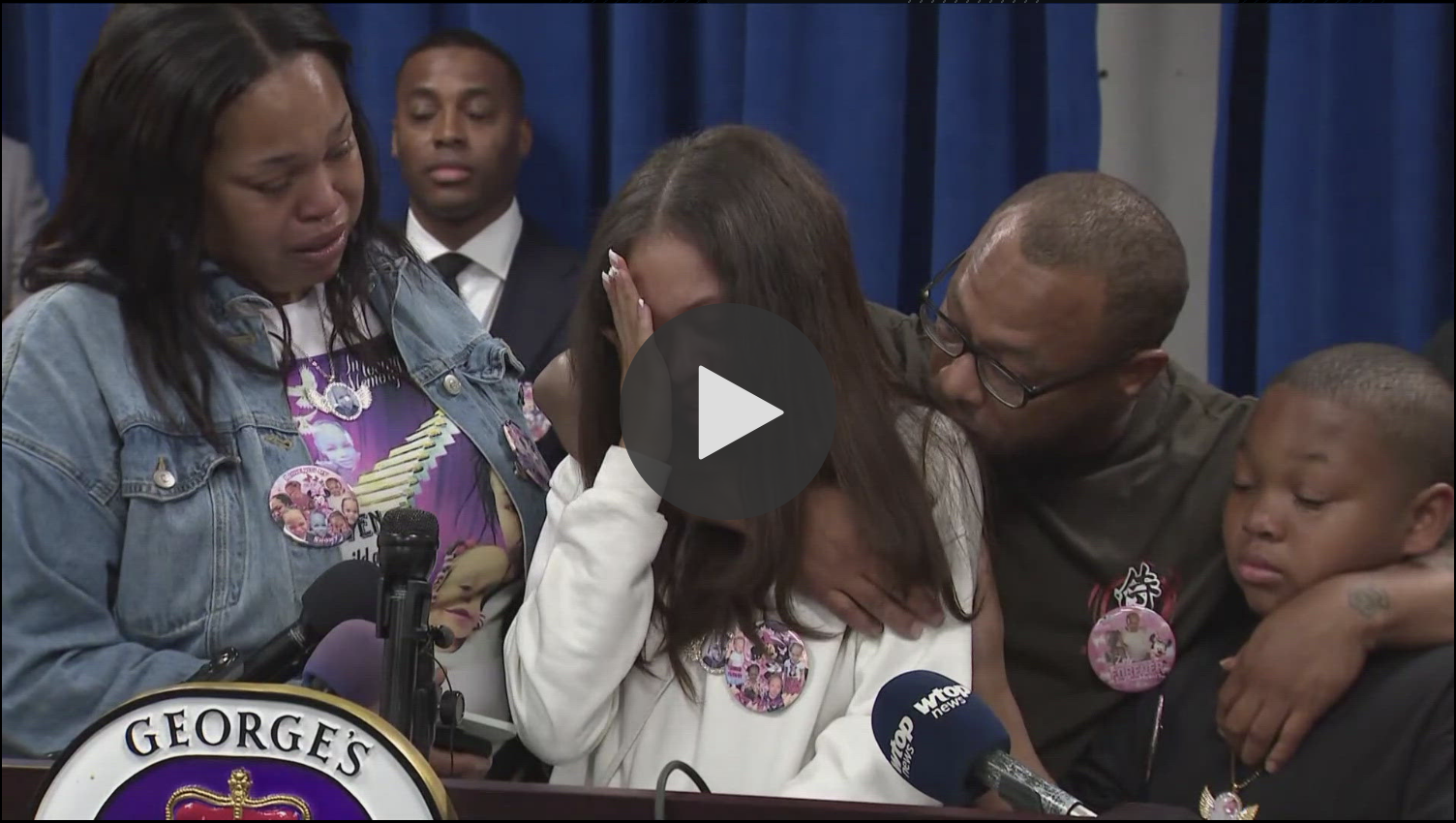


Leave a Reply